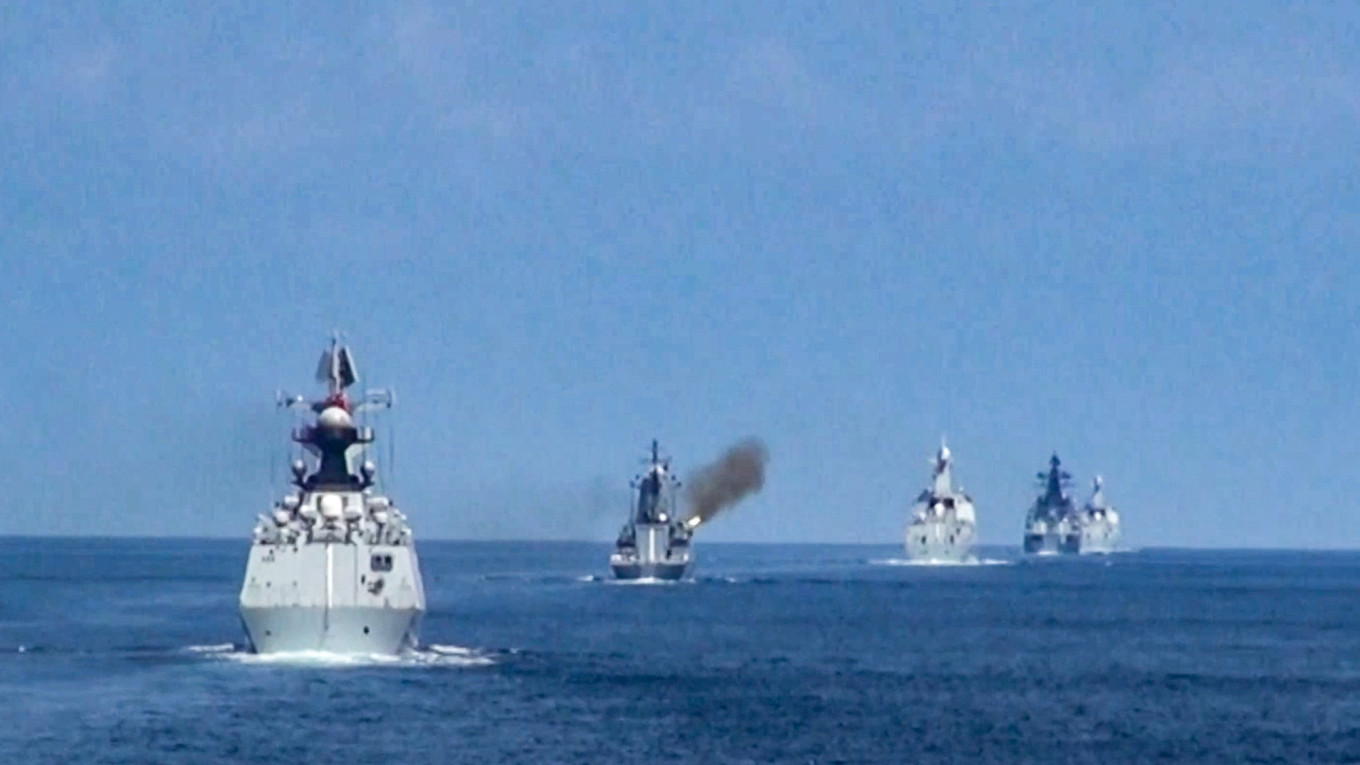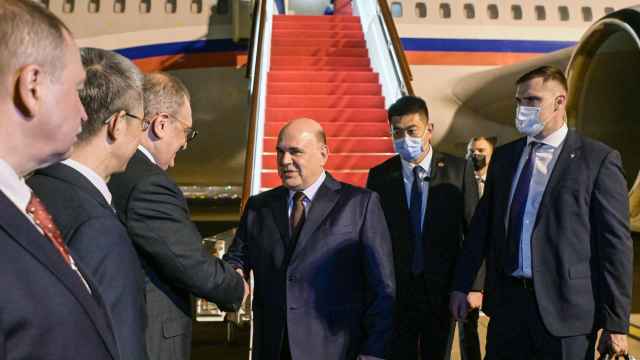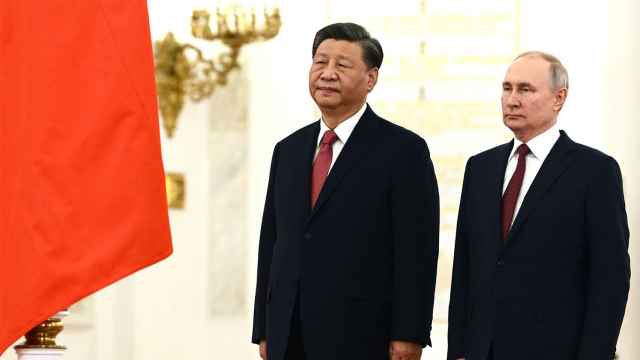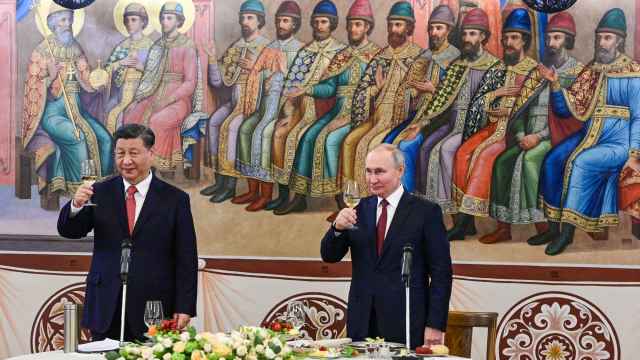Russia and China have ended their joint naval exercises in the Sea of Japan, the Russian Defense Ministry announced Sunday, as the two allies seek to deepen their military ties.
The two massive countries, which share a common desire to counter what they see as American hegemony, have grown closer in the military sphere since Russia launched its Ukraine offensive last year, a move China has not condemned.
The Russian Defense Ministry previously said the main goal of the latest exercises, which began on Thursday, was to "strengthen naval cooperation" between the two countries and "maintain stability and peace in the Asia-Pacific region".
"The joint Russian-Chinese naval exercises... have ended in the Sea of Japan," the Russian military confirmed in a statement Sunday.
"Some twenty combat exercises were carried out... including joint artillery fire on maritime, coastal and air targets", the army said.
The Russian navy was represented by two anti-submarine ships, two corvettes as well as auxiliary ships, according to the Russian Defense Ministry.
Last weekend Beijing said it was sending five warships, including a guided-missile destroyer.
Navy aircraft were also involved.
To strengthen their coordination, China and Russia have organized several exercises between their armies in recent months.
In March, during a visit to Moscow by Chinese President Xi Jinping, he and Russian counterpart Vladimir Putin signed a declaration expressing their willingness to conduct "regular joint patrols" to "deepen mutual trust".
Last month China and Russia carried out a joint air patrol over the Seas of Japan and East China, which prompted South Korea to deploy fighter jets as a precaution.
That was the sixth such China-Russia patrol in the area since 2019.
A Message from The Moscow Times:
Dear readers,
We are facing unprecedented challenges. Russia's Prosecutor General's Office has designated The Moscow Times as an "undesirable" organization, criminalizing our work and putting our staff at risk of prosecution. This follows our earlier unjust labeling as a "foreign agent."
These actions are direct attempts to silence independent journalism in Russia. The authorities claim our work "discredits the decisions of the Russian leadership." We see things differently: we strive to provide accurate, unbiased reporting on Russia.
We, the journalists of The Moscow Times, refuse to be silenced. But to continue our work, we need your help.
Your support, no matter how small, makes a world of difference. If you can, please support us monthly starting from just $2. It's quick to set up, and every contribution makes a significant impact.
By supporting The Moscow Times, you're defending open, independent journalism in the face of repression. Thank you for standing with us.
Remind me later.






